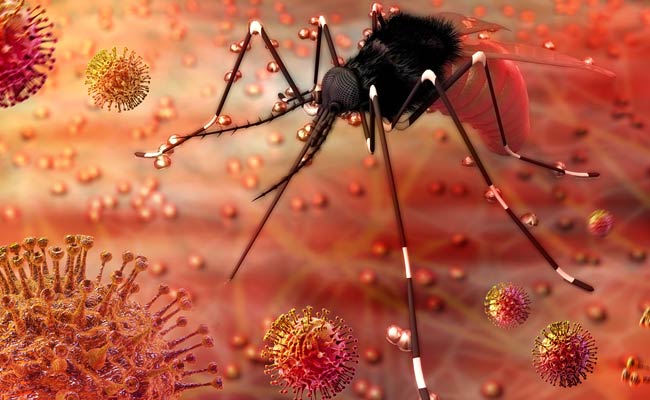
Healthcare providers can offer guidance and support for identifying and managing symptoms
Zika virus is a mosquito-borne flavivirus primarily transmitted by Aedes mosquitoes, particularly Aedes aegypti and Aedes albopictus. First identified in Uganda in 1947, Zika has since spread to many parts of the world, causing outbreaks in Africa, Southeast Asia, the Pacific Islands, and the Americas.
A recent case of Zika was reported in Pune and was confirmed by reports on 21st June by the Pune Municipal Corporation (PMC). The initial patient is a 46-year-old doctor and his daughter who tested positive.
“After he tested positive, the blood samples of his five family members were collected and sent for analysis, and it was found that his 15-year-old daughter was also positive for the infection,” the health official from PMC added. Read on as we discuss more details on the signs, causes, treatment and management of the Zika virus.
Causes
The primary cause of Zika virus infection is through the bite of an infected Aedes mosquito.
Other transmission routes include:
- Mother-to-child transmission
- Sexual transmission
- Blood transfusion
- Laboratory exposure
Symptoms
- Fever: A low-grade fever, usually below 102°F (38.9°C). It is often one of the first symptoms to appear.
- Rash: A maculopapular rash (red spots and bumps) that starts on the face and spreads to the rest of the body. It is often itchy.
- Joint Pain: Pain and swelling, primarily in the smaller joints of the hands and feet, sometimes accompanied by muscle pain.
- Conjunctivitis (Red Eyes): Red, irritated eyes that can appear similar to pink eye but without pus.
- Muscle Pain: Generalised muscle aches and pains, similar to those experienced with other viral infections.
- Headache: Mild to moderate headaches, often accompanying other symptoms.
- Fatigue: Generalised tiredness and lack of energy that can persist even after other symptoms have resolved.
- Abdominal Pain: Less common but can occur as a dull or sharp pain in the abdominal area.
- Vomiting: Nausea and occasional vomiting, contributing to dehydration and weakness.
- Eye Pain: Pain behind the eyes, often described as a deep, aching pain that is aggravated by eye movement.
Treatment & management
Currently, there is no specific antiviral treatment for Zika virus. Management focuses on relieving symptoms and includes the following:
- Get plenty of rest to help your body fight the infection.
- Drink fluids to prevent dehydration, especially if experiencing vomiting or diarrhoea.
- Use over-the-counter pain relievers.
- Stay indoors, use insect repellent, wear long sleeves and pants, and use mosquito nets to prevent further bites and reduce the spread of the virus.
- Practice safe sex by using condoms or abstaining from sexual activity to prevent sexual transmission of the virus, especially if one partner is infected or has recently traveled to a Zika-endemic area.
- Pregnant women should seek medical advice if they suspect Zika infection, as it can cause serious birth defects. Regular prenatal care and monitoring are essential.
- Seek medical attention if symptoms worsen or if there are concerns about potential complications. Healthcare providers can offer guidance and support for managing symptoms.
- Follow local public health recommendations and advisories, particularly during outbreaks, to minimise the risk of infection.
While most people with Zika virus infection experience mild symptoms that resolve within a week, pregnant women and those planning to conceive should take extra precautions due to the risk of severe birth defects.
Disclaimer: This content including advice provides generic information only. It is in no way a substitute for a qualified medical opinion. Always consult a specialist or your doctor for more information. NDTV does not claim responsibility for this information.

